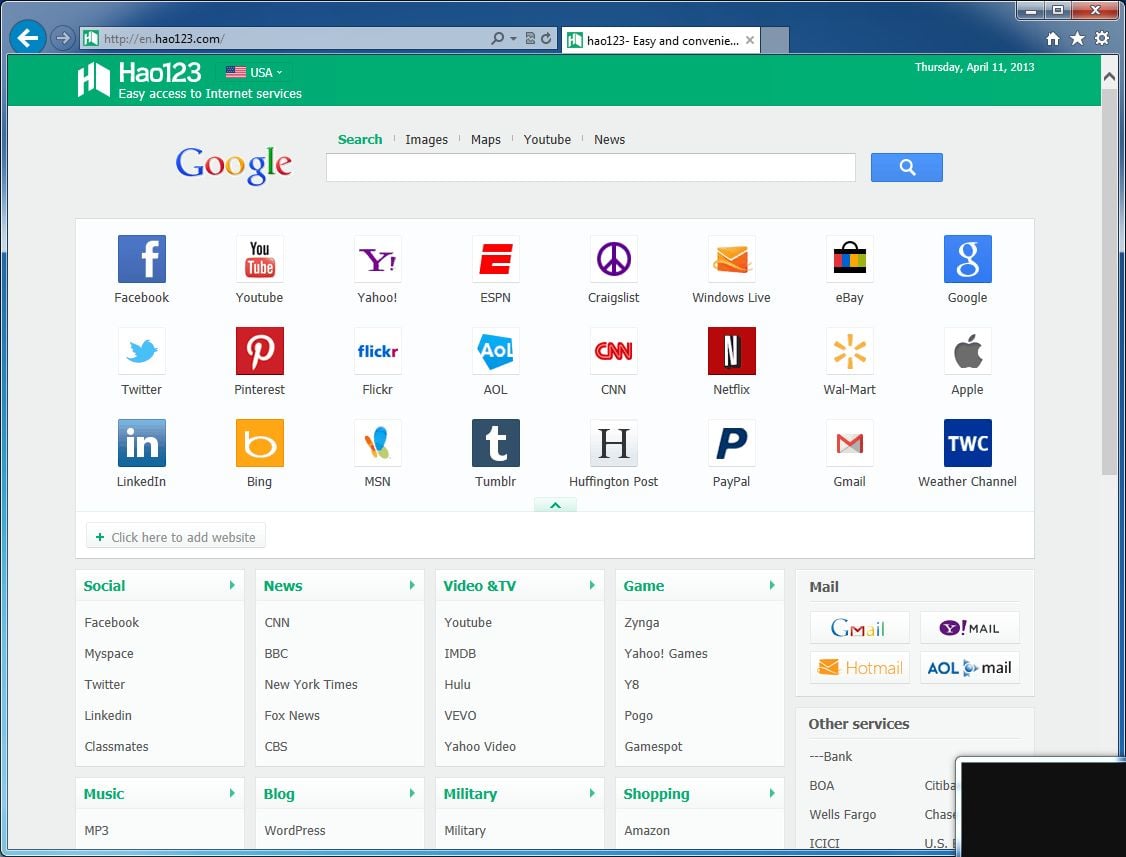

If you can’t close the browser tab and can’t select another tab, you’ll need to quit and perhaps even Force Quit your browser.

Any site that hosts such adverts puts you and your computer at risk. These fake virus alerts are often adverts paid for by cybercriminals who want you to download their malware onto your computer. Consider whether you want to continue using a website that displays such warnings. Ignore it and close the window or browser tab. What should I do if I see a fake virus alert? You should heed those warnings, but they’re not virus alerts. Most browsers will warn you if they detect that a page you’re about to visit is unsafe. Note: it’s important not to confuse virus alerts with browser security warnings.

Web page or browser tab pop-ups are always fake. If you have AV software running, the only accurate alerts will be in a window displayed by your software. Unless you have antivirus software running on your computer, every virus alert you see is fake. They will warn you that your computer has a virus and that you need to click a link and download software to get rid of it. The virus alerts we’re talking about are pop-up windows or browser tabs that open when you visit a web page. The irony, of course, is that until you click the link, there is no virus on your computer. Most fake virus alerts aim to intimidate or scare you into clicking a link. At worst, a real risk to our computers and our data security. But to help you do it all by yourself, we’ve gathered our best ideas and solutions below.įeatures described in this article refer to the MacPaw site version of CleanMyMac X.įake virus alerts are widespread on some parts of the web, and most of us have encountered one at some time or another. So here’s a tip for you: Download CleanMyMac to quickly solve some of the issues mentioned in this article.


 0 kommentar(er)
0 kommentar(er)
